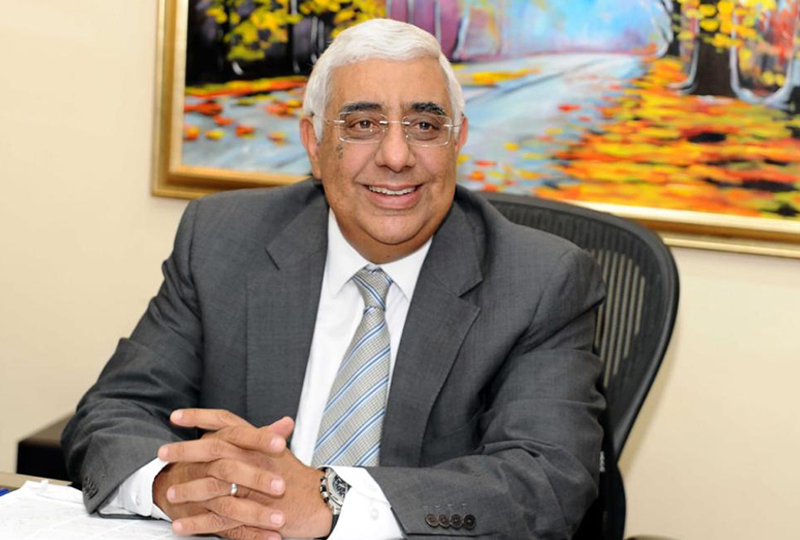The growth of micro-projects contributed 71% in the growth of global e-commerce till June 2020
30/09/2020

Ashraf El Kady: The United Bank Chairman
The growth of micro-projects contributed 71% in the growth of global e-commerce till June 2020
• Digital solutions and e-commerce platforms support the growth of the micro-projects and handicraft sector in Egypt.
• The growth of market demand on the micro-projects sector has affected the growth of the service sector of internal and external shipping.
• Microfinance supports the state and the central bank orientations towards combating poverty and eliminating unemployment.
• Increasing production and improving the individual’s income are criteria for the sustainable development.
• The digitization of associations and individual payments enhances financial inclusion and integration in the formal economy.
Cairo: September 30, 2020
Ashraf El Kady, chairman of The United Bank, expressed that there is 71% global growth in digital trade revenues during the first half of 2020; according to the indicator of the salesforce international, specialized in shopping research. This doubles the opportunities for the growth and increases of the market demand for the products of the micro-projects sector.
Digital solutions and e-commerce platforms support the growth of the micro-projects and the handicraft sector in Egypt
El Kady explained that the digital solutions and e-commerce platforms have a direct impact on the growth of the micro-projects and handicraft sector in Egypt, by providing new opportunities for marketing, increasing market demand, and thus increasing production and improving the individual’s income to achieve the 2030 targeted development.
Ashraf El Kady expressed that the achieved growth in the volume of digital trade allowed the growth of a number of service and commercial sectors along with handicrafts, the most important of which are: the increase in the rates of internal and external trade and the market activity, also, increased the market demand in the shipping and delivery sector, as well as encouraging the commercial activity of production requirements.
Microfinance supports the state and the central bank orientations towards combating poverty and eliminating unemployment.
Ashraf El Kady added that financing the microenterprise sector is no longer a problem since the Egyptian state and The Central Bank of Egypt are implementing a huge policy aiming to the development of this promising sector, supported by a political vision to combat poverty and eliminate unemployment, as well as improving the individual’s income, increasing the production, improving the quality of the Egyptian product, and thus increasing the exports.
El-Kady explained that the Egyptian parliament agreed in principle to amend the finance law to regulate the financing of small, medium and micro enterprises aiming to integrate the micro-projects in the formal economy. And that after agreeing to raise the size of the financing granted to the individual to reach 200 thousand pounds instead of 100 thousand pounds. This will contribute to doubling the volume of business, expanding activity and bringing it in the formal economy.
The digitization of associations and individual payments enhances financial inclusion and integration in the formal economy.
El Kady assured that everyone is racing against time to transform into a cashless society to keep pace with the Egyptian state’s comprehensive development plan 2030, by using the digital technologies in all the governmental transactions and simplifying the procedures to obtain the service. This contributes to raising the efficiency of institutions and creating a supportive business environment for the private sector and attractive to investment, whether local or foreign.
He expressed that the automation of the microfinance activity, especially in the field of payments, whether individuals or associations, will enhance the efforts of the state and the central bank towards the financial inclusion, whether through direct payment operations through the national card "Meeza" or through other electronic payment methods like the internet banking, mobile banking and electronic wallets.
END


